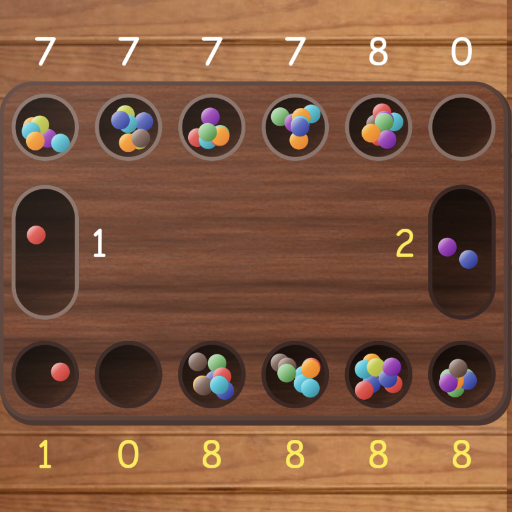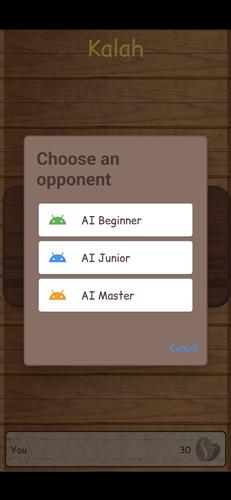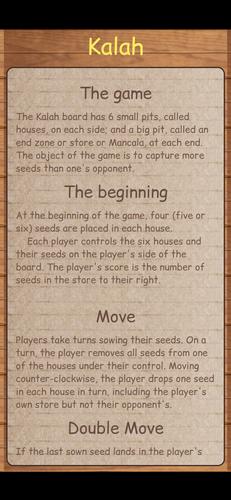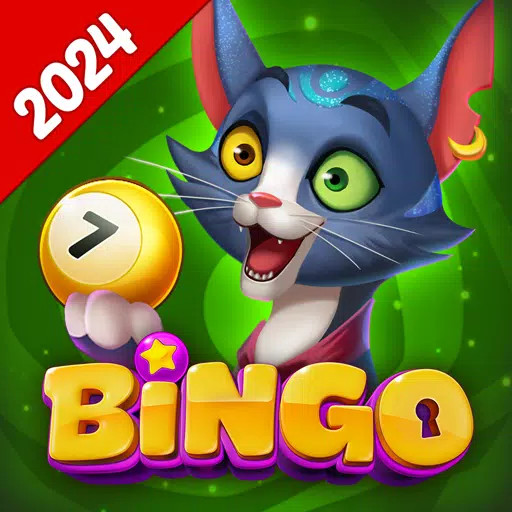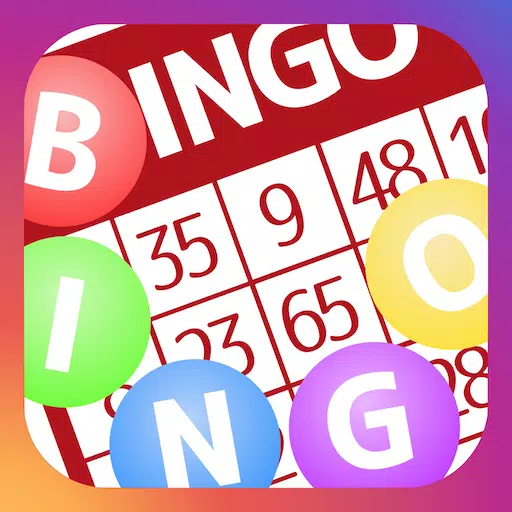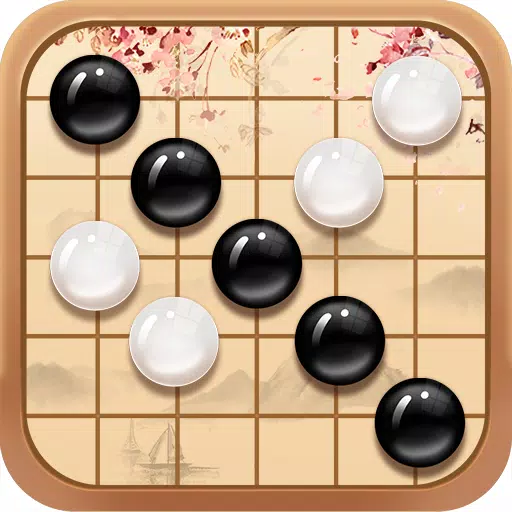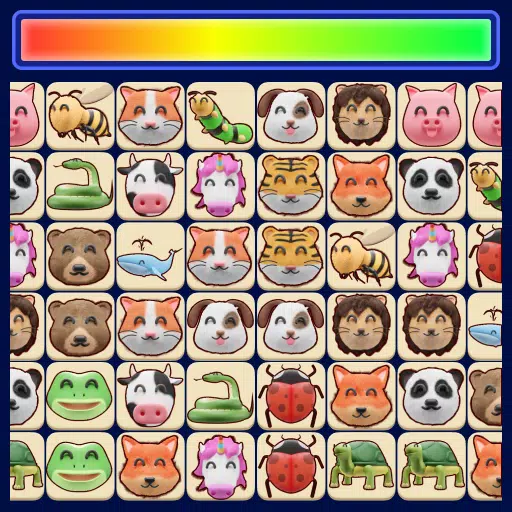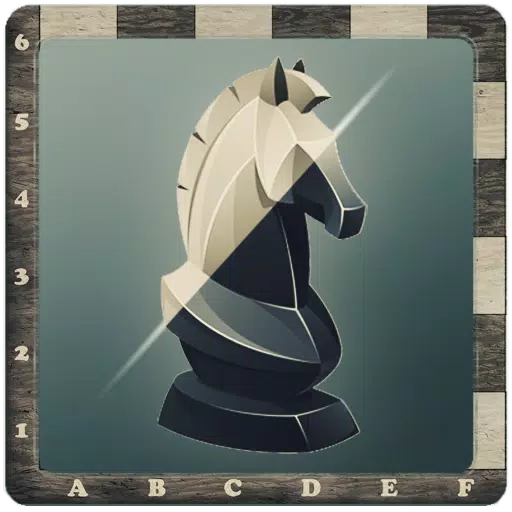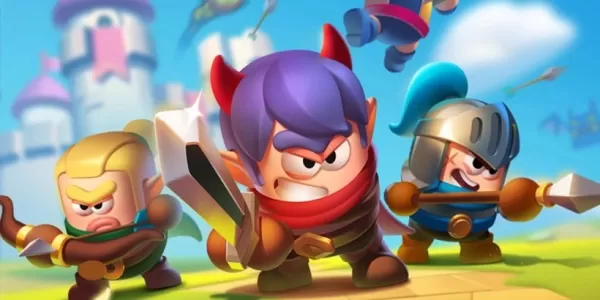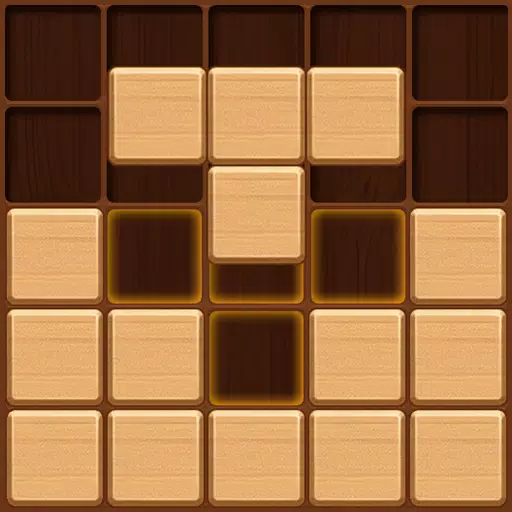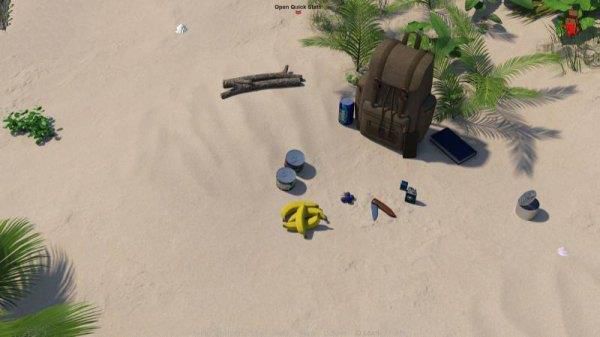If you're looking for an engaging two-player board game, the Mancala family offers a rich selection of strategic delights. These games, played with small stones, beans, or seeds, utilize rows of holes or pits on a board or playing surface. The overarching objective is typically to capture all or some of your opponent's pieces. Popular variants include Oware, Bao, Omweso, and more. Here, we'll focus on two specific versions: Kalah and Oware.
Kalah is a well-loved game within the Mancala family, featuring a board with 6 small pits (houses) on each side and a large pit (store or end zone) at each end. Here are the rules:
- At the game's start, four (or five to six) seeds are placed in each house.
- Each player manages the six houses and seeds on their side of the board. The player's score is determined by the number of seeds in the store to their right.
- Players alternate turns, sowing their seeds. On their turn, a player picks all seeds from one of their houses and distributes them counterclockwise, dropping one seed per house, including into their own store but not into the opponent's.
- If the last seed sown lands in an empty house owned by the player, and the opposite house contains seeds, the player captures both the last seed and the opposite seeds, moving them to their store.
- If the last seed sown lands in the player's store, they earn an additional move. There's no limit to the number of moves a player can make during their turn.
- The game ends when one player no longer has seeds in any of their houses. The other player then moves all remaining seeds to their store, and the player with the most seeds in their store wins.
Oware is another exciting variant, sharing the same basic setup as Kalah. Here are its rules:
- Four (or five or six) seeds are placed in each house at the start. Each player controls the six houses on their side, with the score tracked by the number of seeds in the store to their right.
- On a player's turn, they remove all seeds from one of their houses and distribute them counterclockwise, skipping the house they took from and the end scoring houses. If a house initially contains 12 or more seeds, the twelfth seed goes into the next house.
- Capturing happens when a player's last sown seed brings an opponent's house to exactly two or three seeds. This captures the seeds in that house and potentially others if the previous-to-last seed also brought an opponent's house to two or three. Captured seeds go to the player's scoring house.
- If an opponent's houses are all empty, the current player must make a move that gives the opponent seeds. If no such move is possible, the current player captures all seeds in their own territory, ending the game.
- The game ends when one player captures more than half the seeds, or if each player has taken half the seeds, resulting in a draw.
What's New in the Latest Version 1.4.1
Last updated on Aug 6, 2024 - bugfixes

